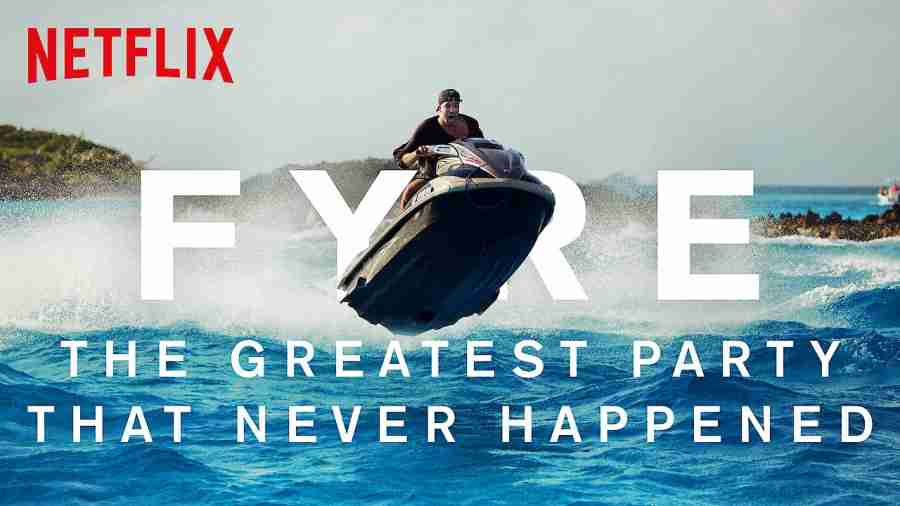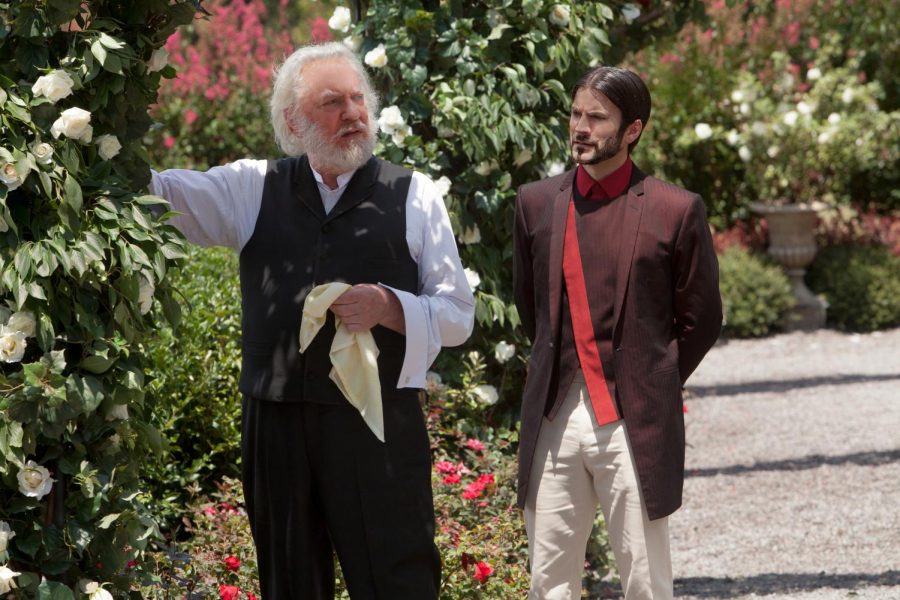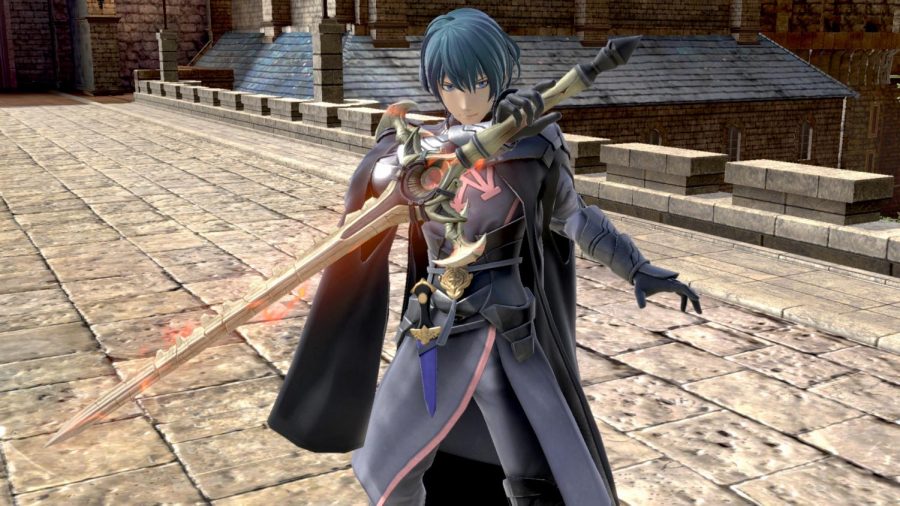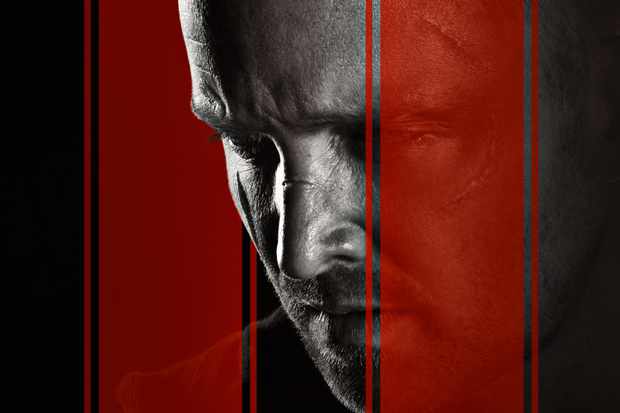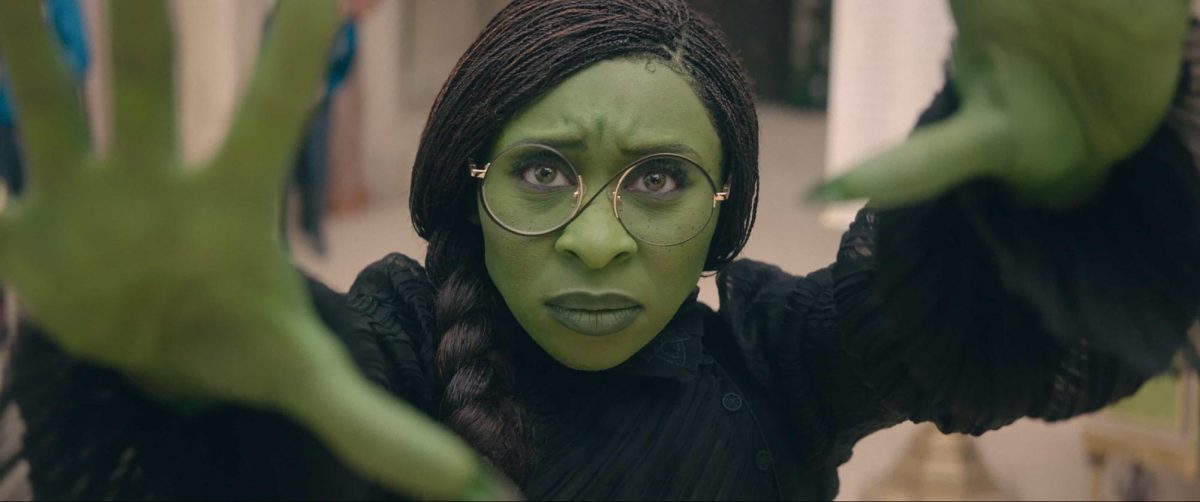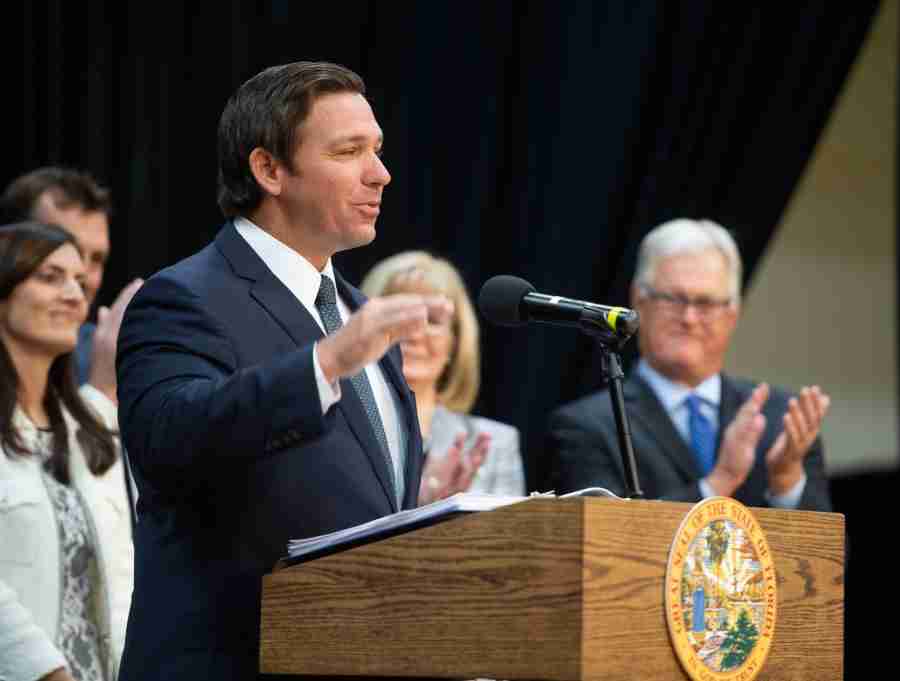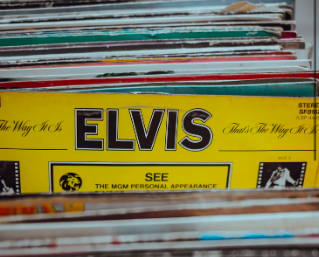“I got into my car to drive across the island to take one for the team…and I got to his office fully prepared to suck his dick.”
That was the iconic quote that made Andy King, an event planner for Fyre Festival, a viral meme as he shared his story for Netflix´s documentary Fyre, the Greatest Party that Never Happened – piece full of unexpected testimonies and valuable lessons for its viewers.
Fyre was a music festival that was supposed to take place in the Bahamas in 2017 that started as a project of Billy McFarland’s, a young entrepreneur from New York City, and rapper Ja Rule. The event was promoted as an exclusive experience for the most elite attendees, but the festival soon proved to be far from the idealistic vision that was easy to pull off on social media.
Fyre ended up being a conglomeration of at least 4,000 thirsty, angry humans, trapped in an island where no festival ever existed. Guests who paid up to $250,000 for tickets were suddenly living the Man vs Wild experience – fighting over tents and dealing with a lack of food, water, and electricity.
Netflix’s film, directed by Chris Smith, does not only expose the big fiasco Fyre Festival was but explores the world of social media influencers.
On Instagram, a personality with a couple thousand followers and a verification badge can be seen as trustworthy, but influencers and supermodels who contributed to the promotional campaign of Fyre Festival did not know what they were promoting or what the festival was about. Although it is not public figures’ fault an event they were paid to promote failed, Smith’s documentary shows how disconnected influencers can be from their audience and how followers and subscribers are victims of their own ignorance, believing anything that becomes viral is true.
Another remarkable choice in the film is an attempt to understand McFarland as a capitalist who could not distinguish the line between being optimistic and being delusional until the very last day before the festival. McFarland had created an expectation for thousands of attendees and when he is not able to deliver on those numbers, and he adopted interesting behaviors that Smith made sure to highlight in the documentary.
McFarland would push his own colleagues to compromise their own integrity to salvage his broken idea. In King’s case, he was asked to felliate the Bahamian head of customers, who he identified as “Cunningham,” as a substitute payment for a $175,000 import fee so the government would release the Evian water containers for the attendees. Thankfully, for King, at least, he did not have to perform oral sex to anyone for the sake of the festival. “Mr. Cunningham” released the water under the promise of being paid right after the event.
Fyre’s employees faced having to add “worked for a scam” to their resume. Software engineers, media specialists, music consultants, and many other experts were in New York City posted about the festival while knowing very little about what was happening on the island. Meanwhile, the Fyre team in the Bahamas was running out of money as the festival’s needs kept growing day by day.
For most of the documentary, the focus is directed toward attendees, employees, and McFarland until viewers realize the hardest hit was really taken by the Bahamian community. Bahamian laborers who worked day and night for the project did not get paid. Maryann Rolle, the owner of Exuma Point Bar and Grille in the Bahamas, managed to serve meals for guests despite the disorganization of the first day. Unlike Fyre team members and guests whose nightmare ended when they took a plane back home, Rolle had to face the staff who worked tirelessly under the promise of good payment. She claimed to have spent about $50,000 from her savings to pay the staff, ruining her credit and hurting her business. Although being scammed sounds terrible, the trendy and affluent who attended the festival were able to spend three times Rolle’s savings in one click while Rolle and other local laborers found themselves in financial instability indefinitely.
It is unclear if McFarland had any real intentions to put on an awesome party or if the festival’s abject failure was all part of the plan. The event was meant to promote McFarland’s booking app, Fyre. But the app was already receiving criticism and accusations of fraud when users complained about reservations getting canceled at the last minute and not being able to enjoy the benefits they were paying for. After Fyre Festival, McFarland faced charges of fraud but was soon released on a $300,000 bail and he used his time to set up another scam by targeting the festival’s attendees and offering them VIP tickets to private events with celebrities. So, it is possible the festival’s collapse was all sorted out since the beginning and the defrauder knew it would never happen.
If Fyre Festival achieved anything, it was getting massive attention from the public and teaching some lessons about money and the power of social media. As for McFarland, he now faces six years in prison and a lifetime ban to serve as business executive.
Rolle was able to raise money through a GoFundMe account for her business and King may be getting his own TV show. Fyre will be remembered by the public for the next couple years, but it does not guarantee that people will not fall for another scam that offers the experience they all want to brag about in their profiles, at the end, it seems the ultimate goal of every social media account these days.

